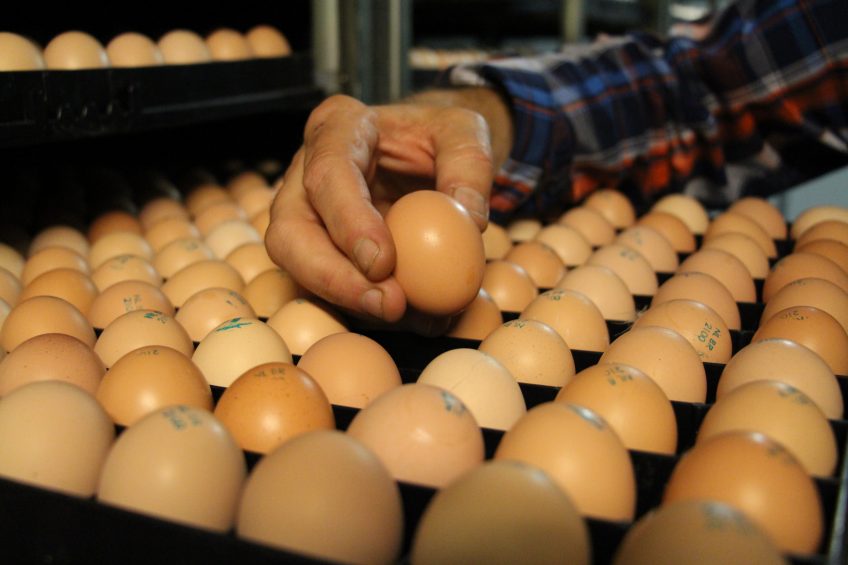Eggs play vital role in breakthrough disease research

Japanese scientists have genetically engineered hens whose eggs contain drugs that can fight serious diseases, including cancer and multiple sclerosis, according to reports.
Researchers at the National Institute of Advanced Industrial Science and Technology – working with pharmaceutical firm Cosmo Bio – introduced genes that produce interferon beta into cells which are precursors of chicken sperm, according to the English edition of Yomiuri Shimbun.
They then used the cells to fertilise eggs and create hens which inherited the genes, meaning the birds were able to lay eggs containing the disease-fighting agent.
The scientists now have three hens, laying daily, whose eggs contain the drug. Safe production of interferon beta – a type of protein used to treat illnesses – could massively cut the price of the drug, which is around $888 for a few microgrammes.
Mika Kitahara, Cosmo Bio spokesperson, told CNN, that the technology had the potential to reduce the price of cancer drugs by at least 90% if successful in further trials.
The conventional production of interferon needs large sterile facilities, but eggs work as a protein-producing aseptic system, Kitahara added.
More research is needed and the interferon beta protein will need safety clearances through trails before it can be used to treat patients.
Professor Helen Sang from the Roslin Institute at the University of Edinburgh said it was not as simple as modifying the chickens to get endless supplies of the drug at a lower cost.
“You will have to show the drug is exactly the same as the drugs that have gone through all the clinical trials,” she said.













